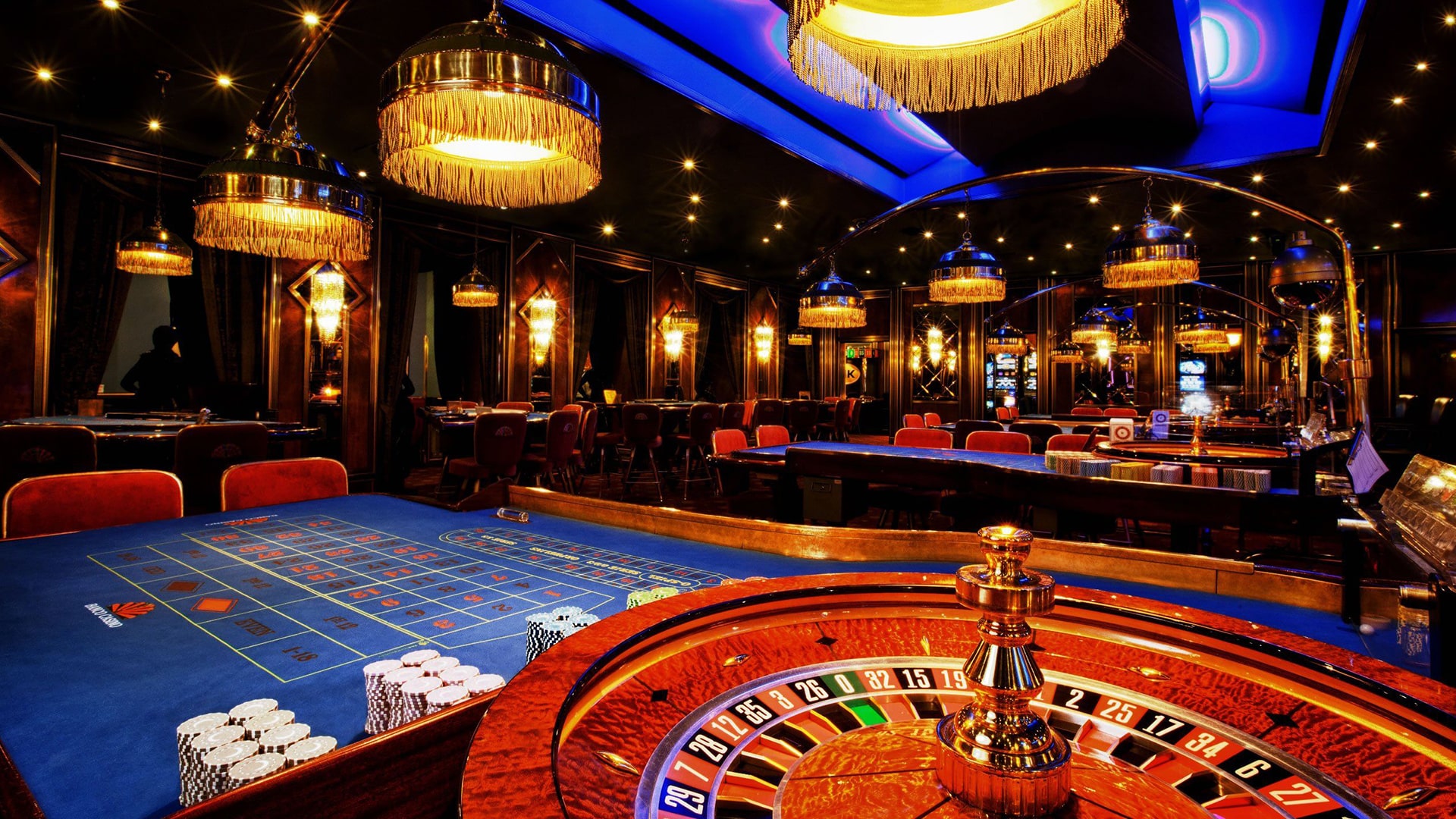A History of Gambling: From Ancient Times to Present-Day Casino Gaming
- innovationdrive.se
- 0
- Posted on
Gambling has been an integral part of human entertainment for millions of years, evolving through societies and eras to become the exciting casino activities we know today. From the ancient Chinese and Romans, who participated in multiple forms of gambling and chance, to the modern gaming floors of contemporary casinos, the allure of risk and winning has fascinated individuals across the globe. F168 The shift from basic dice games and rudimentary betting setups to the opulent settings of contemporary casinos reflects major strides in both social norms and technological.
As cultures evolved, so too did the complexity of gambling activities, with gambling activities emerging as a unique category of entertainment and excitement. These activities have evolved from casual gatherings centered around wooden tables to grand, opulent establishments designed to entice players. Today, we delve into this intriguing journey, analyzing how historical practices laid the groundwork for the diverse and thrilling casino games that bring pleasure to millions worldwide.
spintax
Ancient Gambling Traditions
Gambling has profound roots in human history, with evidence of games of chance tracing back to ancient civilizations. Archaeologists have discovered that as far back as 3000 BC, the ancient Chinese were using primitive forms of betting with dice made from bones. Similarly, ancient cultures of Mesopotamia engaged in betting activities, often relying on the throwing of lots or dice to determine outcomes. These early forms of betting served not only as amusement but also played vital roles in social and cultural practices.
The Egyptians also were involved in betting activities, with games that included betting on the outcomes of various occurrences, including athletic events and religious festivals. Items such as dice and depictions of gamblers from ancient tombs illustrate that gambling was a popular pastime. It provided both leisure and a means of engaging in social interaction, often linked to celebratory occasions or important gatherings. This behavior revealed the universal appeal of chance and rivalry throughout history.
In ancient Rome, wagering became a prevalent practice among the populace, as evidenced by references in texts and the establishment of rules around certain games. Romans enjoyed a variety of betting activities, from wagering on horse races to playing games similar to modern-day board games. The legal structure surrounding these activities began to take shape, establishing the foundations for betting regulations that would develop in the centuries to come. The popularity of gambling during this period set the stage for the development of gambling house games in the future.
The Development of Casino Games

Casino games have gone through substantial transformations from their beginnings to the modern-day entertainment options. In early civilizations, gaming was often connected to ceremonial practices, with dice games found in the ancient Mesopotamian region and betting on the outcomes of events in classical Rome. These primitive forms of gambling laid the basis for the formal games we see today. The shift from informal gambling to systematic games took place as societies began creating rules and venues for wagering, showing cultural values and practices.
The Middle Ages saw the emergence of card games, which gained popularity among European nobility. Games like the first and baccarat became staples in social gatherings. The creation of printing technology also enabled the spread of playing cards, making them more accessible to the general public. As gambling houses began to proliferate, these card games transformed into variations that catered to wider audiences, eventually leading to the founding of casinos as exclusive venues for gaming.
The 1900s marked a pivotal point in the development of casino games, with the ascendancy of commercial casinos in Vegas and other betting centers. This era brought forth games like slot machines and modern adaptations of table games, complete with high-quality graphics and detailed betting structures. The introduction of online casinos in the tail end of the 1990s also revolutionized the gaming industry, allowing players to access a vast array of casino games from the convenience of their homes. Today, gambling games continue to develop, blending classic elements with state-of-the-art technology to create immersive experiences for players around the globe.
Modern Gaming Laws
In these years, the landscape of gaming regulations has changed significantly, especially as tech advances and online gaming have become more prevalent. Regulatory bodies around the globe have implemented multiple regulations and guidelines to ensure that gambling activities are performed justly, responsibly, and openly. These laws often encompass aspects such as licensing, advertising, gambler safeguards, and responsible gaming measures. Authorities aim to mitigate problems such as gambling addiction and fraudulent activities while supporting a just gambling environment.
The emergence of internet gambling sites has created a need for a different approach to oversight. Many legal areas have created dedicated internet-based gambling structures that serve online gambling, allowing operators to offer their offerings within the law. These structures often demand operators to obtain permits, follow strict safety standards, and provide assistance options to assist players. By vigilantly observing internet activities, authorities can more effectively protect consumers from potential harm and ensure that gambling is carried out in a secure manner.
Additionally, contemporary gaming regulations are progressively concentrating on responsible gaming strategies. Many casinos and internet-based sites now implement features such as self-exclusion, financial limits, and breaks to help players control their gambling habits. Educational campaigns aimed at educating about the risks of gambling are also common. As the industry continues to grow, the emphasis on responsible gambling remains a fundamental principle of regulatory efforts, reflecting a dedication to promoting a safe and enjoyable gambling experience for all players.